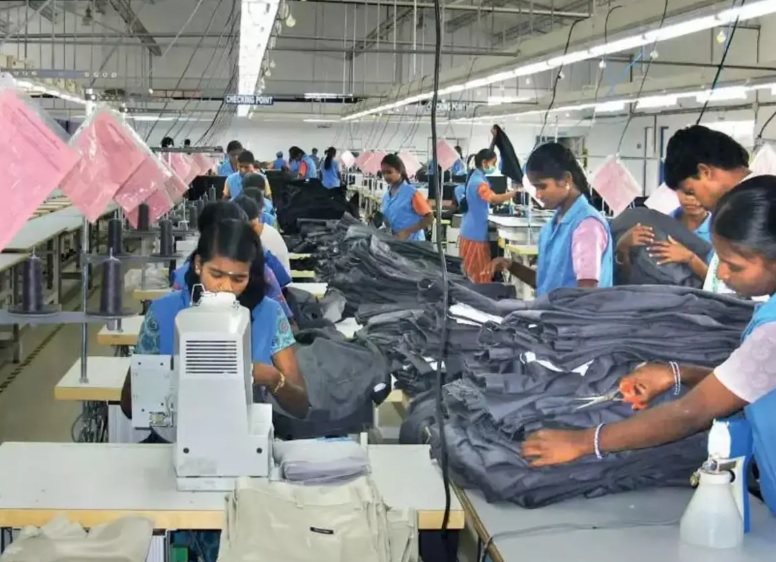
Fast fashion brands are aware of the consumer mindset change towards sustainable fashion. In a bid to appear environmentally-conscious, many fast fashion brands are paying lip service to sustainability, resulting in deceiving consumers with “green-washing”. The European Union has seen through these gimmicks and has set up regulations as per document “EU Strategy for Sustainable and Circular Textiles (Strategy)” that fast fashion brands will have to adhere to as it wants to end the hazards of fast fashion by 2030. The European Environment Agency has expressed concern on the fashion sector’s contribution towards environmental and climate change as garments used in Europe has the fourth largest impact compared to many sectors.
Not so green
Brands claim to be sustainable but only include a small percentage of recycled materials in collections and advertise that as “green”, or “circular” without being transparent or addressing the entire life-cycle of their products. Some brands focus on down-cycled materials (PET bottle, fishing nets, etc.) instead of implementing fibre-to-fibre recycling. Clothing companies promote in-store take-back programs, which actually incentivizes guilt free consumption but does not propose a viable solution. Green claims in the fashion industry cover many aspects of the clothing production process, either linked to climate (neutrality), circularity (recycling), or materials (natural and recycled fibres). In that respect, the European Commission (EC) launched in 2020 an initiative, under the EU Green Deal, on ‘substantiating green claims’ with the view to tackle the issue of green-washing. It notably states that ‘companies making ‘green claims’ should substantiate these against a standard methodology to assess their impact on the environment. Executive vice president for the European Green Deal, Frans Timmermans said, “It’s time to end the model of ‘take, make, break, and throw away’ that is so harmful to our planet, our health and our economy.” Virginijus Sinkevičius, the EU commissioner for the environment, oceans and fisheries, said “The EU wants fast fashion out of the fashion business by 2030. Textiles placed on the EU market should be long-lived and recyclable, made to a large extent of recycled fibers.”
EU puts out checks
The European Commission has proclaimed an expansion of eco-design rules for the fashion industry, which is also applicable for a wider variety of products outside the industry. The eco-design rule begins with the manufacturing of textiles and includes being much more environmental-friendly by being circular, energy efficient and have greater durability. There the emphasis is more on sustainability through fibre-to-fibre recycling, where old discarded clothes are fed back into the fashion industry as new products to be used in similar end-applications.
An innovative way to track the lifecycle of fashion products is the introduction of digital product passports that hold account of the entire lifecycle of each clothing item, from the textile used to the circularity and repairing of such items. As per the EU regulations, all fashion products are required to have their individual digital product passport that will keep a close check on attempts at green-washing. The fashion industry will also have to redo labels on items using polymers as they are being considered as not normal by the EU.
The EU regulations have been strategically planned to initially phase out green-washing and hold fast fashion brands accountable. With this set of regulations, it is expected that fast fashion will be replaced by sustainable fashion by 2030.












